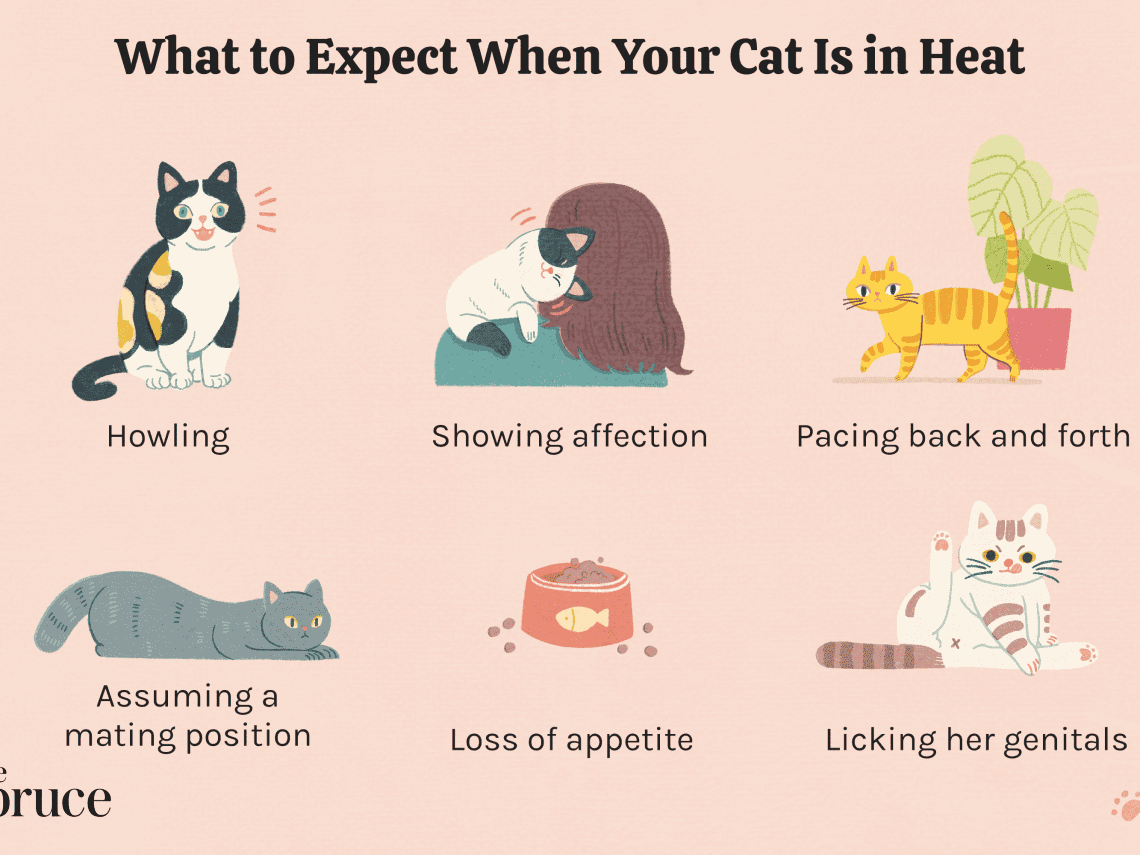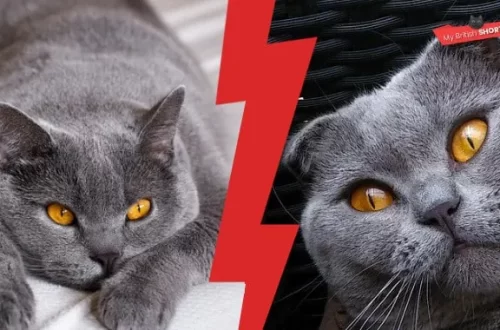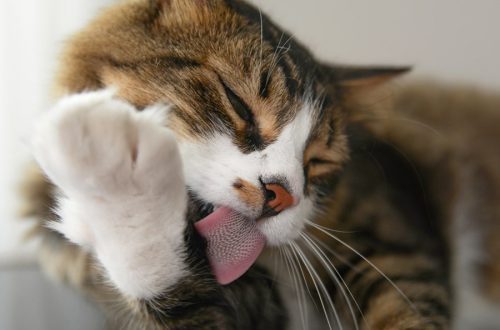
How to help a cat in the heat
13 recommendations from a veterinarian on how to protect your pet from heatstroke and overheating.
In order for the summer days to bring only positive emotions to the cat, a loving owner should take care of this. The heat, stuffiness at home becomes a real test for many pets. Here are 13 steps to make summer fun for your cat!
13 steps to a happy feline summer
Lay a blanket or bed on the windowsill. Cats love to spend time at the window, and in the summer they will want to do it even more often. Purring will be very grateful to you for the care and comfort provided.
Ventilate the room, if possible, install air conditioning in the house. Just do not overdo it and do not overcool your four-legged friend! Make sure that the cat does not lie on a cold tiled floor for a long time and does not sit near the flow of a fan or air conditioner.
Be attentive to special and age pets. They, like people, closer to old age have problems with the heart, pressure. Your pets should not be in a stuffy room for a long time and in direct sunlight. Babies, cats with chronic diseases, overweight and brachycephalic muzzles are also at risk: Persian, British cats.
Designate a shady seating area for your pet, where there is no direct sunlight. The cat will be able to sleep peacefully and hide from the heat. In the summer heat, purrs, as a rule, try to doze off more. And it will be great if you prepare a secluded and cool place for this.
Don’t shave your cat! There is a stereotype that if you rid a cat of wool, then it will not be hot for him – but this is not so. It is enough just to shorten the rich fur of the quadruped a little or to comb it thoroughly. But you can’t shave completely. Wool helps cats in thermoregulation: thanks to it, in the hot season, the cat does not overheat. If the hair is removed, it will only get worse. The cat will not only not feel relief, but it can also earn a sunburn, skin and coat problems.
Secure windows and balconies. Before the onset of summer, check whether the protective anti-cat nets are firmly fixed on the room and balcony windows. Although cats have the super ability to land on their paws even when falling from a great height, it is better not to tempt fate and not waste 9 cat lives in vain. Safety is the most important thing.
Take your cat outdoors with you if she loves to travel and tolerates travel well. But follow the safety rules, do not leave your pet alone unattended. Seals tend to run away after the bird and disappear.
Don’t leave your cat alone in a closed car, even if you want to run to the gas station for water. Three minutes is enough for a cat to get heatstroke. So we take the purr with us or leave it in the car under supervision and with the air conditioner running.
Buy sprouted oats for your cat if she prefers to lick her own fur. Cats shed when it’s hot. When a pet licks itself, the hair that has fallen out enters its digestive tract. So that it does not accumulate in the body, it is useful for a cat to eat grass. Do not bring grass from the street: it may contain helminth eggs and pathogens. It is better to purchase it at a pet store or grow it on your own balcony.
Watch your drinking regimen. Not only people, but also pets in the heat want to drink more than eat. Make sure your cat has enough clean water in the bowl. Water should be at room temperature. Do not even think about giving your cat ice water: her body will not be happy. You need to change the water daily, and even better – twice a day.
Feeding cats should be complete and balanced; in the heat, appetite may slightly decrease. You need to feed not fatty and not heavy food. In a stuffy room, wet food quickly deteriorates, so it is better to remove leftovers after a meal. It is also advisable to store dry food in a special container, and not pour it into a bowl with a large margin.
Bathe your cat often. The more often you are, the easier it will be for her. If the cat is hard to tolerate bathing, water procedures can be replaced with wiping with a damp towel. Wet a towel in cool water and wring it out well, then run it over the cat, paying special attention to the belly, paw pads, muzzle, nose and ears.
Protect your pet from parasites such as fleas and ticks. Neighborhood with these insects will not bring pleasure to either the cat or you. In the summer, bringing home fleas or helminth eggs is as easy as shelling pears. You can collect them for your shoes or clothes on the nearest green path near the house.
We wish you and your beloved ponytails a happy, fun and bright summer!





